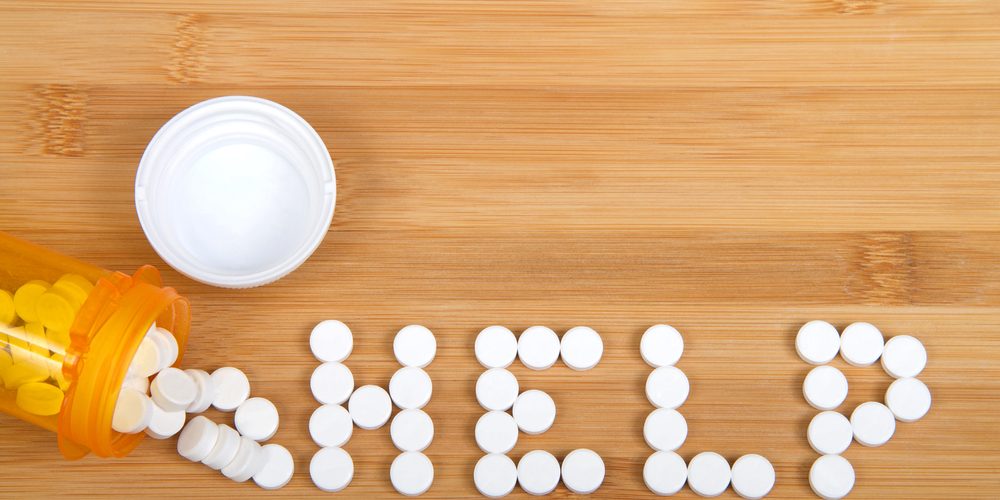Around 2 million people abuse Vicodin (hydrocodone) annually. Just like many other prescription medications, this drug is also not used for its intended purpose. Many teenagers, as well as adults, have been using Vicodin for recreational purposes despite knowing its negative consequences.
If you or your loved ones have also been a victim of Vicodin addiction, then consider this article the ticket to recovery. In this guide, we will inform you about everything related to Vicodin, from what it is to how its dependency can be treated. Remember, understanding the addiction is the first step toward healing. So, read till the end and discover how recovery is within reach.
Introduction to Addiction
Addiction is a chronic, relapsing disease that affects the brain’s reward, motivation, and memory systems. When it comes to Vicodin addiction, the compulsive urge to use the drug persists even when it leads to serious health problems, strained relationships, or trouble at work and home. This condition goes beyond a simple lack of willpower—addiction changes how the brain functions, making it difficult to stop using Vicodin without help.
People struggling with Vicodin addiction may experience a range of withdrawal symptoms, from anxiety and irritability to severe physical discomfort. These symptoms can make quitting feel overwhelming, and in some cases, withdrawal can lead to dangerous health complications, including respiratory problems. The impact of addiction isn’t just physical; it can also take a toll on mental health, leading to depression, anxiety, and a sense of hopelessness.
Understanding the nature of addiction is the first step toward recovery. By recognizing how Vicodin affects the brain and body, individuals and their loved ones can make informed decisions about treatment options. With the right support and medical care, it is possible to overcome Vicodin addiction and prevent the serious health issues it can cause.
What Is Vicodin?
It is a potent analgesic containing hydrocodone, a powerful opioid, and acetaminophen, the same pain-relieving compound found in Tylenol. Vicodin is a type of medicine used for pain relief, and it belongs to a class of medicines known as opioids. Doctors usually prescribe this medication for moderate to acute pain management. Vicodin is one of several opioid medicines; other opioids include morphine and oxycodone, which are also used to manage pain but have different potencies and risks.
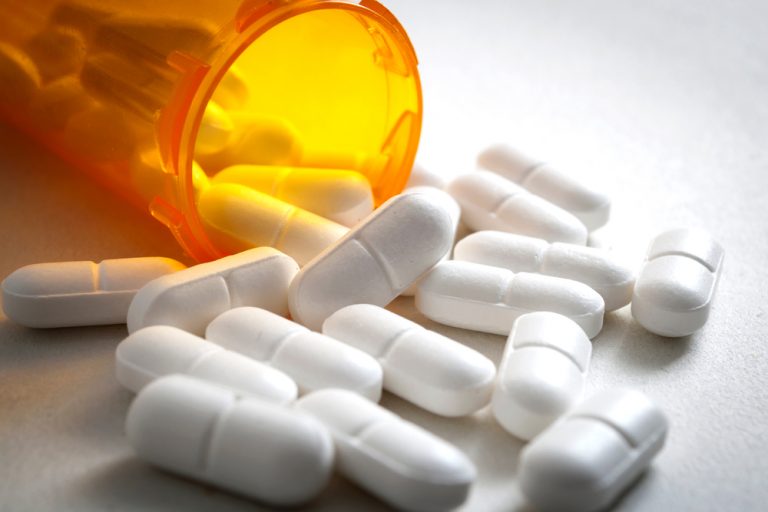
Uses
Doctors or GPs usually prescribe Vicodin in instances such as:
● For Pain Relief After Surgery: Certain operative procedures can bring immense pain afterwards. To manage this post-operative pain, doctors may advise taking Vicodin for some days, especially when severe pain is present.
● Relieving Injury-Related Pain: Sprains, deep tissue injuries, or broken bones all can cause intense pain. Vicodin can be used to put this suffering to an end until the body begins to heal by itself.
● When Usual Painkillers Are Ineffective: Some people’s bodies may not respond well to common over-the-counter pain killers such as paracetamol or ibuprofen. Vicodin, in this instance, can give them instant relief when their condition isn’t getting better and other medications are not sufficient to control pain.
Side Effects
Just like any prescription drug, Vicodin can cause side effects and adverse effects, especially when not used as directed. After consuming the medication, you can expect to experience:
● Dizziness.
● Nausea.
● Abnormal Breathing Patterns.
● Inability to Maintain Focus.
● Constipation or Diarrhoea.
● Drowsiness.
Is Vicodin Addictive?
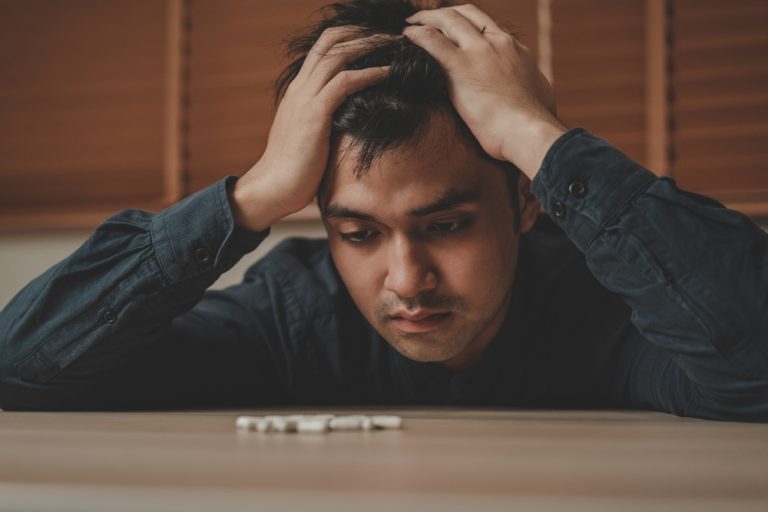
Yes, without any doubt, Vicodin is a highly addictive prescription drug.
If we study the drug’s chemical makeup, it contains high amounts of hydrocodone, an opioid. Consequently, when one consumes this medication, he or she will experience feelings of relaxation, euphoria or even a mental high. These emotions can be pretty helpful when recovering from an injury or a surgery.
However, when the drug is consumed for recreational purposes without any valid reason, the results can be pretty devastating. Soon, your body may develop tolerance to the drug, and you will have to take higher doses or more Vicodin to achieve the same effects. This cycle is how Vicodin addiction develops. The impact is so instant that you may not even realise how and when your body became dependent on the drug.
How It Works
Vicodin works by attaching to opioid receptors in the brain and spinal cord, blocking pain signals and reducing the perception of pain. Because of this, the bad or uncomfortable feelings are blocked, and pleasant emotions or dopamine, the “feel-good” chemical, are triggered. This leads to the feeling of being relaxed and calm.
While Vicodin is effective for acute pain, it is generally not recommended for chronic pain due to the risks of dependence and adverse effects.
Things start to mess up when Vicodin is consumed more than usual. Soon, your brain stops producing natural chemicals and starts relying on the drug to trigger them. And when the substance isn’t in your system, you begin to feel anxious or depressed. As a result, you again consume the drug to feel the same high and unknowingly get stuck in the cycle of addiction.
Symptoms
Vicodin addiction has some obvious signs, which include:
● Consuming the drug without a prescription.
● Coming up with counterfeit prescriptions to obtain the medication.
● Increased tolerance to Vicodin.
● Always thinking about the next dose.
● Neglecting essential daily life responsibilities.
● Mood swings with severe anxiety or depression.
● Failed attempts to quit Vincodin.
Withdrawal Effects
In case of Vicodin addiction, the withdrawal symptoms may range from:
● Headaches Accompanied by Mood Swings.
● Frequent Panic Attacks.
● Sweating Excessively.
● Tremors.
● Fatigue.
● Abdominal Cramping.
● Inability to Fall Asleep.
Causes and Risk Factors for Vicodin Addiction
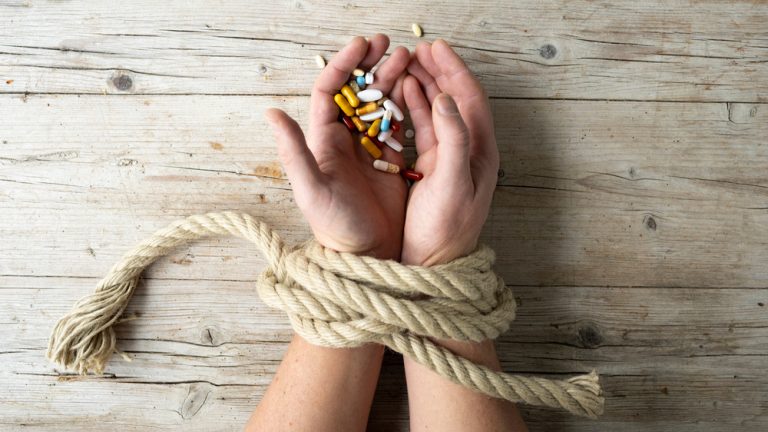
Vicodin addiction can develop in anyone, but certain factors can increase the likelihood of becoming dependent on this powerful opioid medication. Individuals with a history of substance abuse, such as previous issues with alcohol or other drugs, are at a higher risk. Mental health conditions like depression, anxiety, or trauma can also make someone more vulnerable to abusing Vicodin as a way to self-medicate or escape emotional pain.
Environmental factors play a significant role as well. Stressful life events, peer pressure, or living in an environment where drug use is common can all contribute to the risk of addiction. Taking Vicodin in high doses or for longer than prescribed by a doctor increases the chances of developing a physical dependence, as the body becomes accustomed to the drug’s effects.
It’s important to recognize these risk factors early. If you or someone you know is showing signs of Vicodin addiction, such as taking more than prescribed or using the drug without a prescription, seek professional help as soon as possible. Early intervention can prevent the progression of addiction and reduce the risk of serious health consequences.
Long-Term Impact of Vicodin Abuse
Vicodin is extremely effective in relieving pain for a short time. However, in the long term, it not only forms an addiction but can also cause irreversible damage to your brain and other body organs. Long-term Vicodin abuse significantly increases the risk of overdose, especially when combined with other substances such as alcohol or sedatives. Vicodin addiction is a life-threatening condition that requires prompt medical attention. Some of the consequences may include:
Respiratory Depression
Vicodin directly acts on your nervous system and can instantly depress it, depriving your body of oxygen to survive. Initially, you may experience slow breathing, and with prolonged use, it can even result in breathing failure or coma. And if you end up taking the drug with any other sedative, it can even lead to severe complications, including death.
Liver Damage
Acetaminophen, found in Vicodin, is highly toxic to our liver system. When taken in high doses, this compound can inflame the liver and disturb its natural working mechanism. Additionally, if Vicodin is consumed with alcohol, it can even cause our liver to shut down completely.
Developing Cravings for Heroin or Opioids
Vicodin can often become a gateway to abuse other potent and dangerous substances such as heroin or opioids. Why? This is because Vicodin already contains hydrocodone, an opioid. With time, your body may develop tolerance towards this opioid. As a result, to achieve the same high, you might then resort to a stronger substance.
Hypothalamic-Pituitary-Adrenal Dysregulation
Long-term Vicodin use can set off the Hypothalamic-Pituitary-Adrenal axis of our body. This system is responsible for regulating hormones, emotions, immunity, as well as digestion. So, naturally, when this axis is disturbed, one can expect to experience depression, anxiety, fatigue, and low libido. These symptoms can persist for days even after quitting the drug.
Vicodin Withdrawal Timeline
Recovery from Vicodin addiction begins once you stop taking the drug, and your body starts withdrawing from the substance. This phase is accompanied by many physical as well as emotional changes, which typically follow the timeline below:
● Acute Withdrawal Phase (6 to 48 Hours After Last Dose): Peak withdrawal symptoms.
● Peak Withdrawal Phase (2 to 7 Days After Last Dose): Mild withdrawal symptoms.
● Subacute Phase (1 to 2 Weeks After Last Dose): Physical symptoms may resolve, but psychological symptoms may persist for some time.
Treatment to Seek for Vicodin Addiction
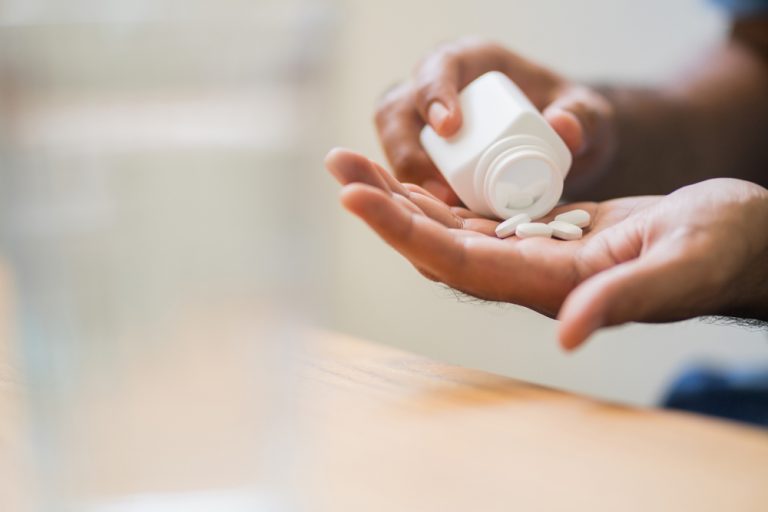
A typical Vicodin addiction treatment plan may involve addressing the underlying causes of addiction, such as genetic, psychological, and environmental factors, to ensure long-term recovery.
Vicodin rehab programs provide structured support and professional care, helping individuals overcome addiction through comprehensive treatment and recovery strategies.
Professional Assessment
The process begins with a formal assessment from a therapist or addiction specialist. He or she may inquire about your substance use habits, medical history, family background, and most importantly, your goals.
After obtaining the information, your doctor will then suggest that you opt for inpatient or outpatient rehabilitation programs. If your addiction recovery plan involves detox, you will then be advised to go for inpatient rehab services.
Medical Detox
Your addiction treatment officially begins with the detox process. During this phase, your body gets rid of Vicodin from the system under medical supervision. This withdrawal phase can be extremely challenging. Medical supervision is crucial at this stage to reduce the risk of relapse.
Therapeutic Interventions
Once the drug has left your system, your doctor may then suggest therapeutic interventions to fix the deeper issues. Behavioural therapies such as CBT or individual counselling are some common forms of therapies that may be administered. Additionally, to instil accountability and emotional awareness in an individual group or family therapy may also be suggested.
Preventing the Relapse Slip Ups
Staying sober after overcoming Vicodin addiction requires ongoing effort and support. Preventing relapse starts with identifying personal triggers—situations, emotions, or people that may tempt you to use Vicodin again. Building a strong support network of friends, family, or support groups can provide encouragement and accountability during challenging times.
Maintaining a healthy lifestyle, including regular exercise, balanced nutrition, and sufficient sleep, can also help reduce the risk of relapse. It’s important to watch for warning signs, such as increased cravings or negative emotions, and to seek help immediately if these symptoms arise. Participating in aftercare programs and staying connected with your treatment team can make a significant difference in maintaining long-term recovery from Vicodin addiction.
Education and Awareness
Raising education and awareness about Vicodin addiction is crucial for both prevention and recovery. Understanding the risks associated with Vicodin use, including the potential for addiction and the symptoms to watch for, empowers individuals to make safer choices. Public education campaigns can help dispel myths about addiction and encourage those struggling to seek help without shame.
Healthcare professionals also play a key role by staying informed about the latest treatment options and best practices for managing Vicodin addiction. By fostering open conversations and providing accurate information, we can reduce the stigma surrounding addiction and support those affected in finding effective treatment and lasting recovery.
Aftercare
Getting rid of the dependency must not be your only goal when recovering from Vicodin addiction. Instead, you must work towards long-term sobriety. For this purpose, by the end of the treatment, your therapist may suggest:
● Incorporating non-traditional therapeutic interventions into your lifestyle.
● Practising mindfulness or meditation.
● Avoiding triggers and cues,
● And of course, regular check-ins with your therapist.
Looking for trustworthy professionals to support you while recovering from Vicodin addiction? If yes, then PCP is here to help. With decades of experience treating opioid addiction, PCP offers compassionate, evidence-based care tailored to your journey.
Final Verdict: Vicodin Can Be Addictive, but Its Treatment Is Possible!
To sum it up, Vicodin addiction can be deadly when not treated on time. It can take a toll on your social as well as personal life. And the worst? It can even take over your brain and have you neglect your daily life responsibilities.
If you or someone around you is struggling with quitting Vicodin, then contact PCP today. Our experts are well aware of the struggles caused due to addiction. We as a team guarantee to support you through recovery and even afterwards to help you live a sober, healthy, and happy life.
Author
-
Dr Otulana is PCP’s longest-serving doctor. He is an experienced Physician with Specialist Interest in Substance Misuse Management and he has a wide range of experience in the assessment and management (including detoxification) of clients with various drug and substance addiction problems. Dr Otulana started practising as a doctor in 2000 and with over 10 years as an Addiction Physician. He is an Advanced Addiction Practitioner Member of Addiction Professionals and also holds the Certificate in Clinical Psychopharmacology (Part 1) of the British Association for Psychopharmacology. He is additionally a strong healthcare services professional with a Master of Business Administration (M.B.A.) degree from Cambridge University Judge Business School.
View all posts

